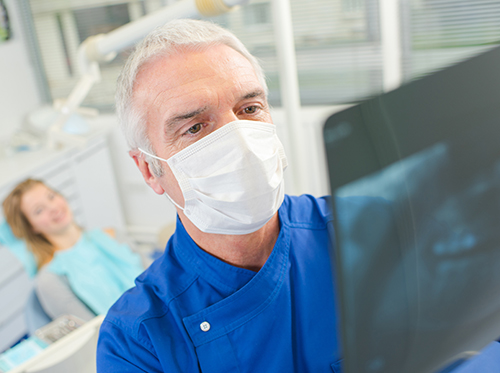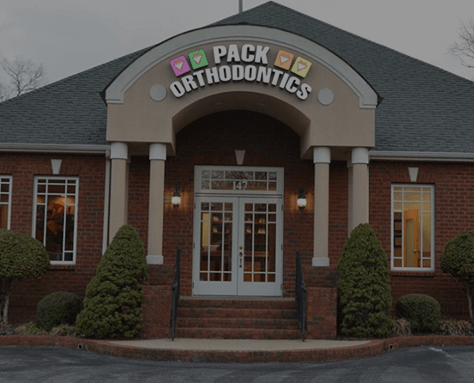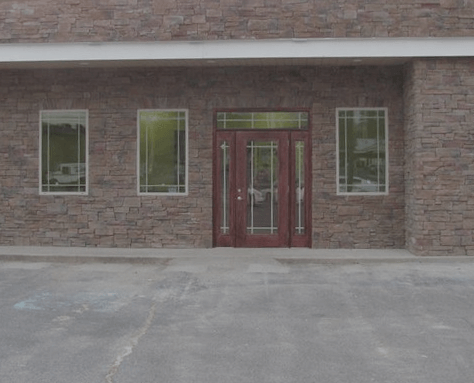What causes crooked teeth?
July 21st, 2021

Crooked teeth, more correctly called malocclusions, have reached epidemic proportions in the late 20th and early 21st centuries. According to the American Association of Orthodontists, approximately 80 percent of American teenagers are currently undergoing orthodontic treatment. Although advances in orthodontic devices and increased availability of such devices explain part of this increase, it still means there are a lot of crooked teeth in the world.
The theories about what is causing so many crooked teeth range from the ridiculous to the scientific. For years, oral health professionals believed that crooked teeth were an evolutionary result of the change in Western diets from raw, wild foods to soft, processed foods. That theory has since been debunked.
The truth is that crooked teeth can be caused by a number of things. Crooked teeth can be an inherited trait. Parents with crooked teeth and malformed jaws are more likely to have children with malocclusions. Ill-fitting or poorly-executed dental restorations, such as fillings and crowns, can also cause teeth to become crooked. Baby teeth that fall out early, gingivitis, and even a jaw that is too small to accommodate all of a person’s adult teeth are additional causes of crooked teeth. In addition, thumb sucking and the use of a pacifier for too long can contribute to crooked teeth.
What to do about crooked teeth
Fortunately, modern orthodontics offers a number of solutions for crooked teeth. Traditional metal braces are the most popular, though our Murfreesboro, TN office provides a number of clear, aesthetic options as well. If you’re tired of hiding your smile because of crooked teeth, contact Dr. Pack and our team at Pack Orthodontics and set up an appointment. We’ll have you showing off your straight pearly whites in no time!







